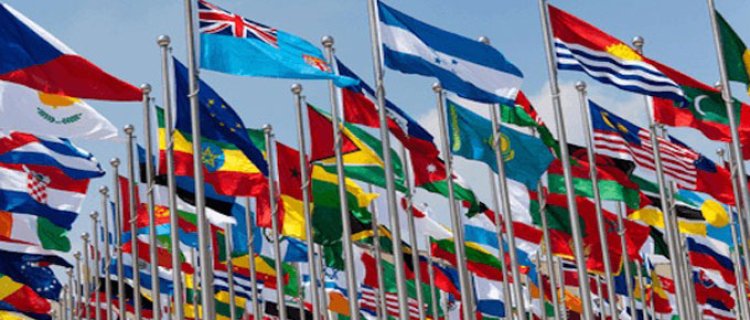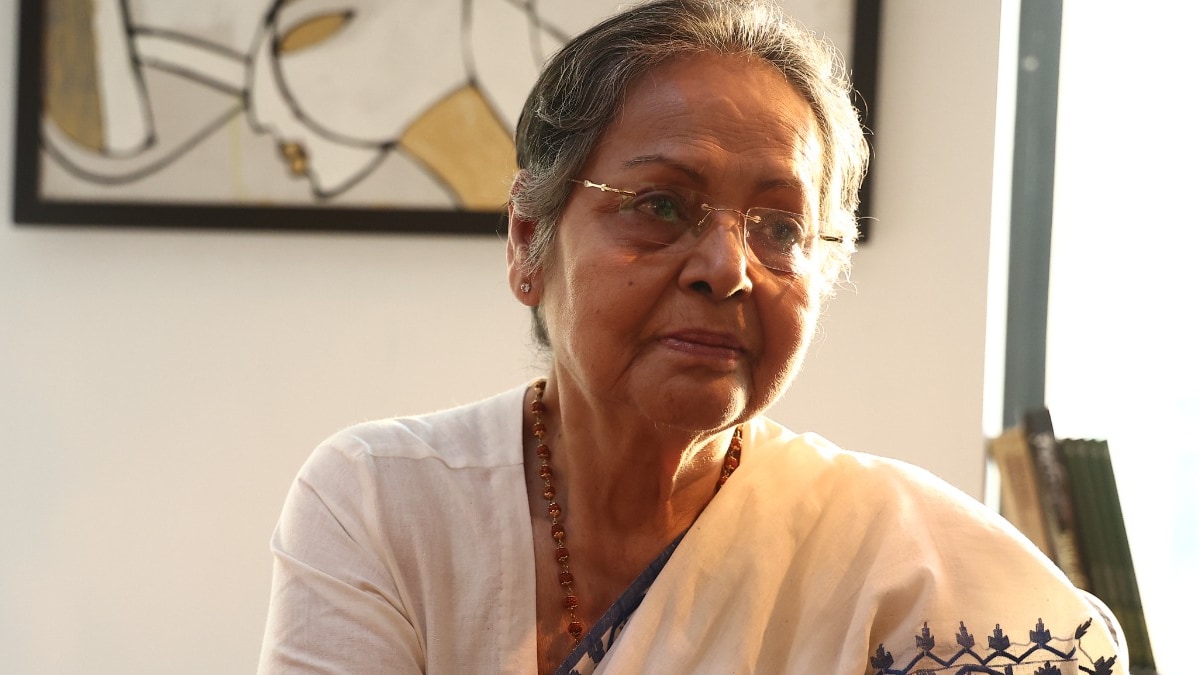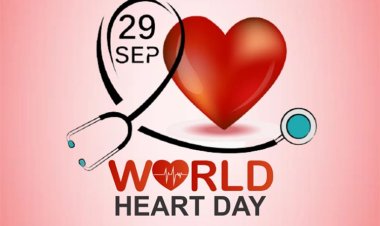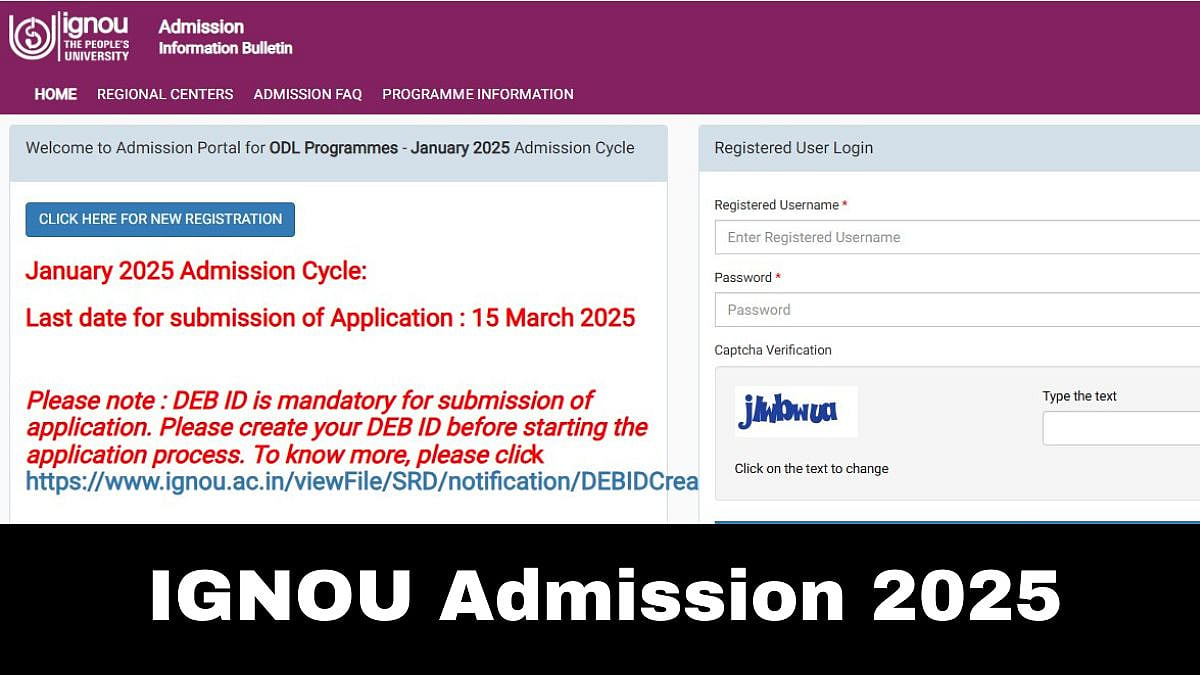Can Old Dogs Learn New Tricks? Traditional Institutions Face Uncertain Future in Evolving World Order
The international landscape is shifting.

The international landscape is shifting. The dominance of Western powers that birthed institutions like the G7 and NATO is waning, raising questions about the viability of these bodies in a "New World Order."
These institutions were designed, some argue, to solidify Western economic and military influence. The G7, a group of wealthy democracies, focused on coordinating economic policies. NATO, the North Atlantic Treaty Organization, aimed at deterring Soviet aggression during the Cold War.
Challenges to the Old Guard:
- Shifting Power Dynamics: The rise of economic powerhouses like China and India challenges the G7's relevance. Will these new players be welcomed, or will the group struggle to adapt to a multipolar world?
- Efficacy in Addressing Global Issues: Can these institutions effectively address increasingly complex global challenges like climate change, pandemics, and cyber threats? Their traditional focus might not be enough.
- Legitimacy Concerns: Critics argue institutions like NATO represent a bygone era of Western dominance. Can they shed their perceived bias and earn the trust of emerging powers?
Possible Paths Forward:
- Reform and Expansion: The G7 could include new members reflecting the global economic landscape. Similarly, NATO could expand its focus beyond traditional security threats.
- Cooperation with New Power Centers: Collaboration with institutions like the BRICS (Brazil, Russia, India, China, South Africa) could foster a more inclusive global governance framework.
- Focus on Shared Challenges: Shifting the focus to tackling issues like climate change and pandemics could offer a path for renewed relevance.
The Future Remains Unwritten:
The future of these institutions remains uncertain. Whether they can adapt and become effective tools for a multipolar world order is a question yet to be answered. Only time will tell if they can shed their past and embrace a more inclusive and collaborative approach.
Experts Weigh In:
The article could be further enriched by including quotes from international relations experts or academics offering their perspectives on the potential futures of these institutions.





















